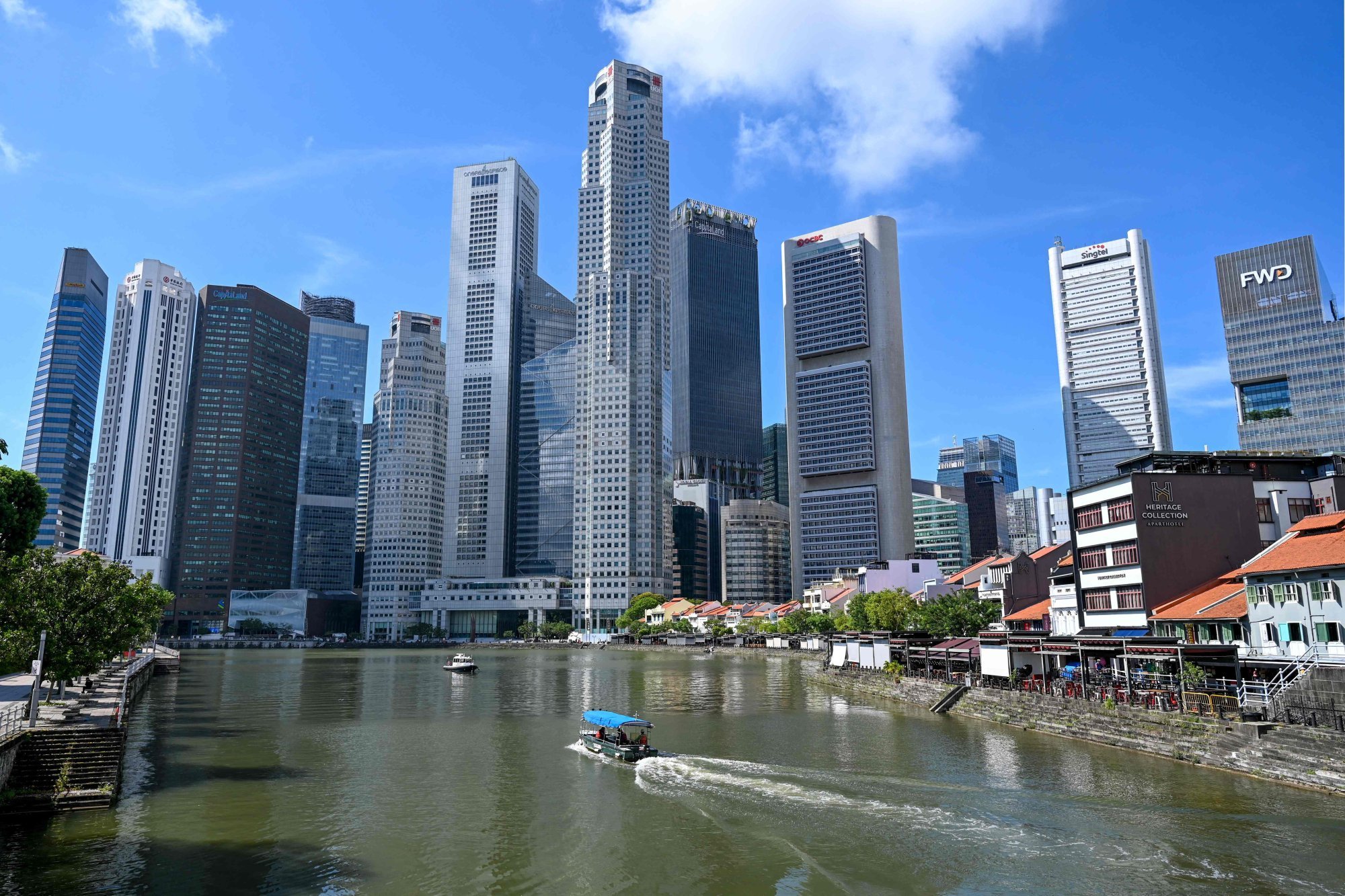
Indonesia eyes regional wealth management hub status but ‘trust’ needed to attract investors
- Issues with Indonesia’s institutional capacity and governance could deter future investors, while legal changes may also be needed, analysts say
Indonesia is hoping to become a regional wealth management hub by opening single-family offices to lure in the wealthy, but experts say the country needs to “create trust” and transparency in its financial systems to compete with major players like Singapore.
The country’s Coordinating Maritime Affairs and Investment Minister Luhut Pandjaitan said earlier this month that Indonesia’s popular resort haven, Bali, had the potential to draw in the region’s ultrarich looking for institutions to oversee their assets.
“A lot of wealthy people will see Bali as an alternative place for them to invest their money in Indonesia,” Luhut said at a House of Representatives meeting.
“If Singapore, Abu Dhabi and Hong Kong can do it, why can’t we have it also?” he said, adding that Indonesia could see financial inflow of between US$100 million and US$1 billion from these offices, which support wealthy individuals seeking to manage their assets and investments.
The senior minister also said last week that he had received the green light from outgoing President Joko Widodo, who had agreed with his plans to open the family offices in Bali.
Luhut noted the high proportion of family-owned businesses in Indonesia creates significant domestic demand for family office services that can help with philanthropy and succession planning. As such, these offices would also enable wealthy families to retain their assets in Indonesia instead of moving them abroad, he added.
An estimated 95 per cent of businesses in Indonesia were family owned, Deloitte Indonesia reported in 2019.

Stiff competition
According to a 2023 report by consultancy firm KPMG, 9 per cent of the 20,000 family offices worldwide are located in Asia, with the continent also home to the world’s highest number of billionaires.
Singapore and Hong Kong in particular have been locked in a battle over the past few years to attract wealthy investors, primarily from mainland China.
In Singapore, the number of single-family offices jumped from 50 in 2018 to 1,400 at the end of last year, according to the Monetary Authority of Singapore, bringing in billions of dollars in private wealth.
Meanwhile, a report from Deloitte in March estimated there were more than 2,700 single-family offices operating in Hong Kong as of the end of last year.
Indonesia faces tough competition from both these financial hubs, especially as they have established strong reputations in the wealth management field over the past few decades, analysts say.
“For Indonesia to compete with Singapore or Hong Kong in the wealth management space, it needs to create trust in the overall system, especially regarding governance and institutional capacity to protect investors and consumers,” said Siwage Dharma Negara, a senior fellow and co-coordinator of the Indonesia Studies Programme at Singapore’s ISEAS – Yusof Ishak Institute.
Maisya Sabhira, a business and investment adviser at Jakarta-based tax consultancy Tax Prime, said Singapore and Hong Kong benefited from relative political stability, robust regulatory frameworks, sophisticated financial infrastructure, and a common law system.
“While Indonesia has potential due to its market size and economic growth, it currently faces challenges in terms of regulatory clarity, legal system complexities, infrastructure gaps, and perceptions of governance and transparency,” she said.

Sweeping legal changes
Bali must also transition to a common law system to enable the establishment of family offices, as the current civil law framework lacks the necessary legal infrastructure, particularly for international arbitration requirements.
While Luhut said Jakarta would consider such a move, experts note it would require significant institutional and legislative changes.
“The likelihood of Jakarta making this move will depend on political will, support from stakeholders, and the perceived benefits versus the complexity of implementation,” said Gatot Soepriyanto, a professor of accounting at Binus University in Bekasi, Indonesia.
Still, Gatot argued that Indonesia’s large economy and strategic location would give it a competitive edge if it is able to navigate the regulatory challenges and offer tax incentives to draw in the wealthy.
“Indonesia can leverage its unique cultural and natural attractions in Bali to offer a distinctive proposition compared to other financial hubs,” he added.
Analyst Negara from the ISEAS – Yusof Ishak Institute said there would need to be “further scrutiny and discussion” with stakeholders about whether Bali had the financial infrastructure to support these new offices, particularly in comparison to Jakarta where most of the country’s financial activities were located.
Ultimately, to establish itself in wealth management, Indonesia must build a strong reputation in its financial and legal frameworks, Negara said.
“This will take a long time to build as Indonesia is still facing various issues concerning its regulatory frameworks,” he added.

